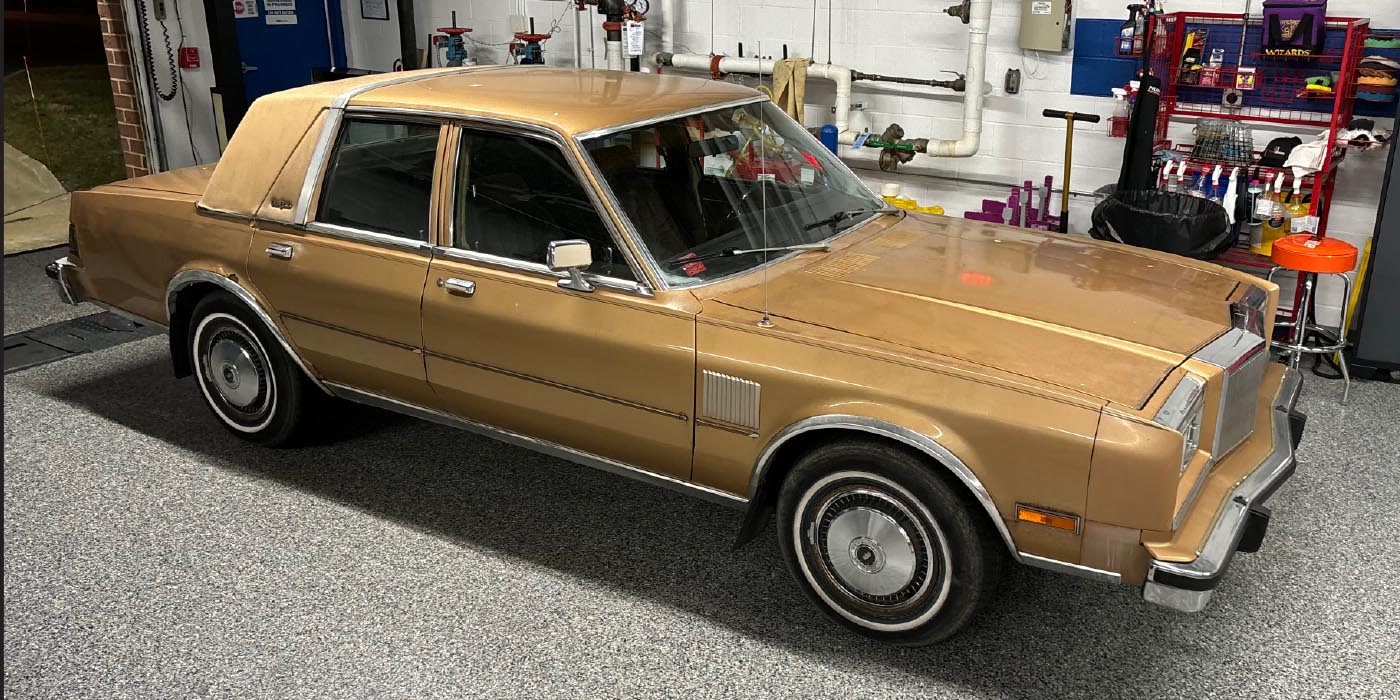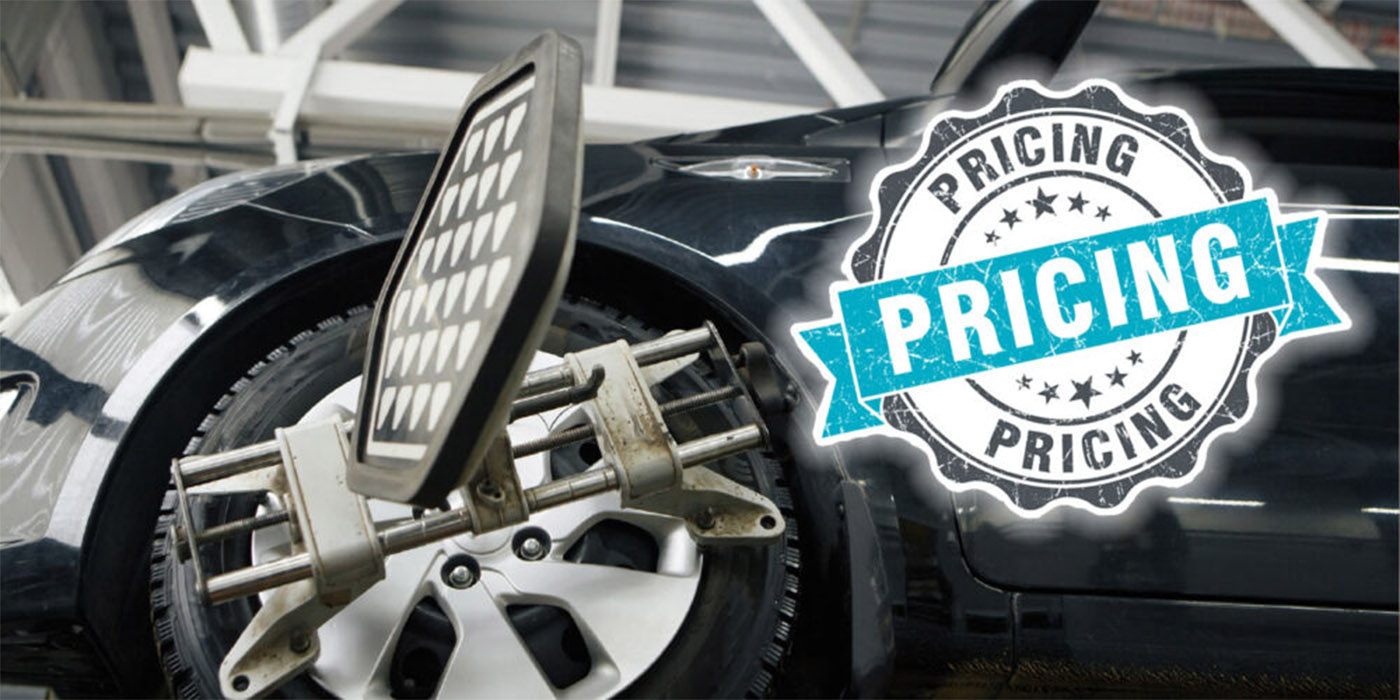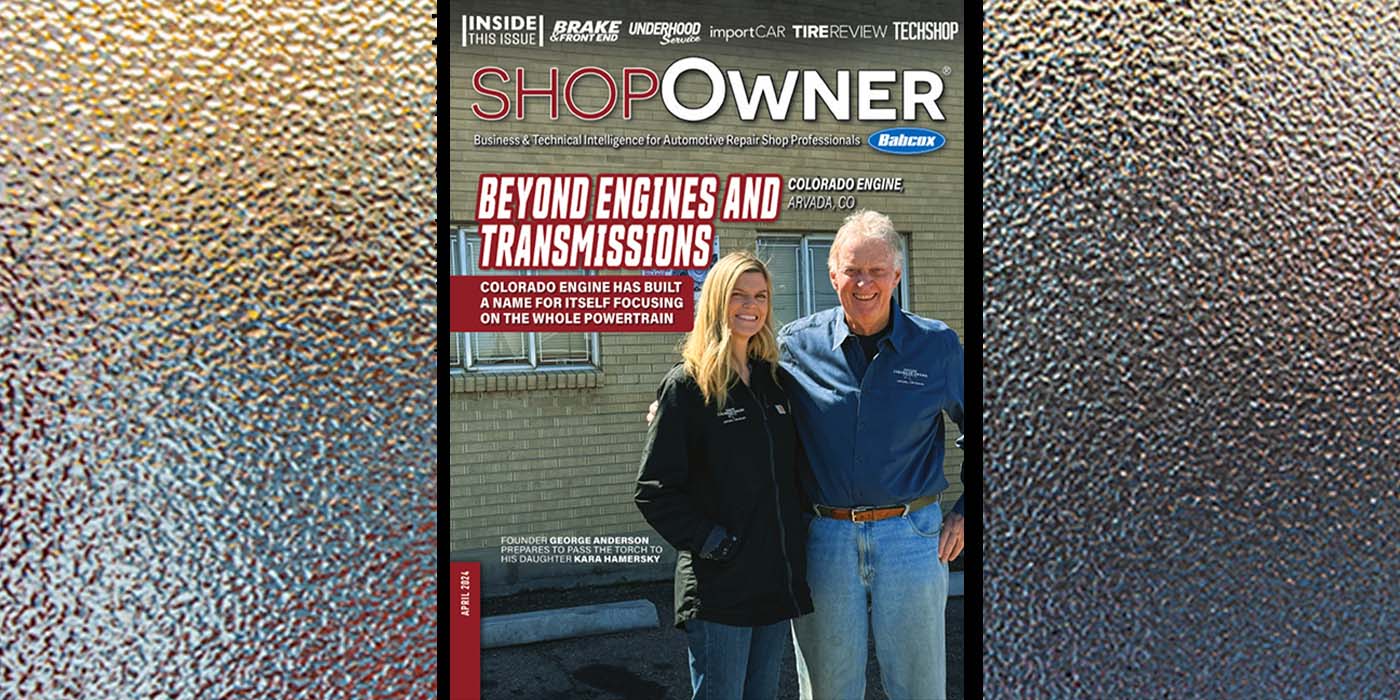A friend of mine recently bought a new SUV. As we were talking about the features of it, he mentioned that he didn’t like the adaptive cruise control. He said that when it was on, it wouldn’t pass other vehicles. It would just slow down and remain at a set distance behind. And to the best of his knowledge, there was no way to revert to traditional cruise control; it was either adaptive or nothing.
This didn’t seem to make a whole lot of sense to me, because I expect cruise control to maintain a constant speed. That’s why I use it, especially on a long road trip. Of course, my hands are always on the wheel and my eyes on the road. I always remain very aware of what other vehicles are doing, especially when overtaking them, and not having to monitor my speed allows me to pay greater attention to the road.
So, I wondered on his new SUV, was the adaptive cruise control really supposed to work that way? I didn’t know. But I knew I would be frustrated if I bought a new car and this was the only way the cruise control worked!
For the majority of my career, I worked for independent shops. As much as I tried to stay current, I was sometimes behind the technology curve, because if something wasn’t broken, I wasn’t concerned about it. Only when a car came in that had problems with any new system or technology did I begin to research it. Before I could verify a customer complaint, I would often have to read and understand exactly how the system in question actually worked.
Many times, I determined there was nothing wrong, and after talking to the customer, I learned that it was a new vehicle for them and since the system was different from what they were used to, they simply didn’t understand how it worked.
I also realized that vehicle owner’s manuals, often the only resource to learn about vehicle features, are not always easy to understand. So, my job as a technician was not actually fixing a problem but researching and learning the operational features of a vehicle and explaining them to the customer.
It’s always been a part of what we do, but it’s only going to become a more critical part of our job as time goes on. I just read a report from the AAA Foundation for Traffic Safety regarding advanced driver assistance systems (ADAS), which have features that affect braking, steering and acceleration. Since it’s standard equipment on many new cars, I’m sure you’re all familiar with it by now; at least the name.
Adaptive cruise control is part of the ADAS system, and the study considered the possibility that many misconceptions about how the system worked could lead to potentially dangerous vehicle operation from overconfidence in what it can actually do.
Suddenly, learning about new technology is a bigger topic. I may not be able to wait until I have to fix something. There was a time when you could get in a car, any car, and everything was the same. You knew how to start it, make it go, turn on the radio, and use the wipers and heat. There was no learning required. A car was a car.
That’s not the case anymore. If misconceptions about vehicle operation are leading to unsafe driving, I’d say that’s a problem. There’s no more waiting to learn about new technology. We need to know it now. It could be as relevant to safety on a short test drive as it is to a vehicle owner on any given day. In order to operate vehicles safely, even if we have been behind the wheel for decades, we may all have to learn how to drive all over again.













